► What’s good about hybrid cars
► And what’s not
► The key points of interest in 2023
Electric cars may be the future, but the best hybrid cars represent a useful stepping-stone for many. Whether you’re in the market for a plug-in hybrid, mild-hybrid or a self-charging hybrid – a hybrid car comes with a range of useful benefits over a petrol or diesel car – and even an electric car. However, like any form of technology, hybrid cars also come with pros and cons you ought to consider before making a decision.
On this page, we’ll outline the pros and cons of hybrid cars; from the highs of improved fuel economy to the lows of increased costs.
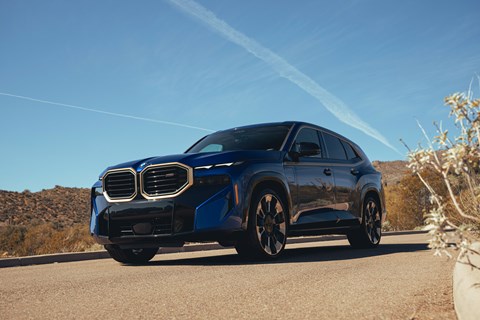
Advantages of hybrid cars
1. Improved fuel economy
Some hybrids use a combination of electricity and fossil fuel to improve performance, but most use their electric power to increase efficiency. Hybrids can save fuel by using solely electric power at low speeds around town, and they can also use electric motors to aid the internal combustion engine under harder acceleration. Both reduce the amount of fossil fuel used.
Hybrid cars can retrieve energy too. When braking, hybrid cars can recooperate kinetic energy, and return it to the battery as electricity. This energy is usually lost in conventional ICE-powered cars, and it’s another way hybrid cars can save energy and money. Take the Toyota Corolla for instance; featuring a mpg figure of 62.8, it’s one of the thriftiest cars you can buy.
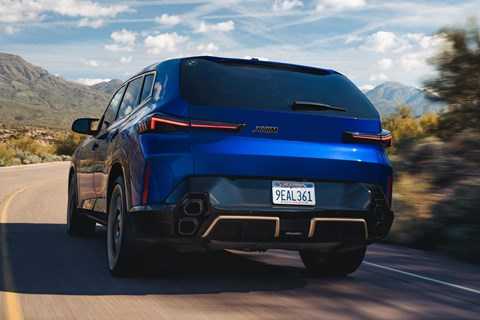
2. Cheaper running costs
Regenerative braking (described above) relies on resistance from the powertrain in combination with traditional braking systems. As a result, the braking systems on hybrid cars tend to be under less demand, and therefore consume brake pads at a slower rate than their ICE counterparts. Add that to the fuel savings, and hybrid cars can be considerably cheaper to maintain in the long run.
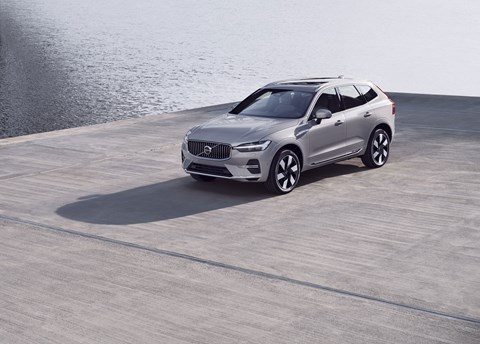
3. Better for the environment
Hybrid cars may use a petrol or diesel engine, but they’re still much cleaner to run than a purely fossil fuel-powered car. For example, the hugely popular BMW 330e can achieve up to 138mpg, with 39g/km CO2. Compare that to the standard car, which can achieve 51.4mpg and 127-145g/km of CO2 in diesel form.
4. No range anxiety
Electric cars may come with several benefits, but they suffer from a reduced range compared to their fossil-fuel counterparts. And when things do run out, they’re harder to recharge on the go than a conventional car. In contrast, hybrid cars use electricity exclusively, but can easily switch to petrol or diesel power if the battery is empty. This provides increased peace of mind, especially in areas with a patchy charging network.
The presence of an ICE also means that hybrid cars – and particularly self-charging cars – can provide a very similar owning experience to conventionally powered cars.
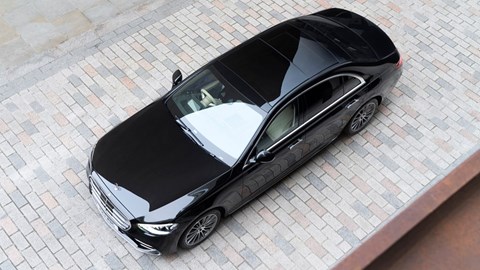
5. Better performance around town
Although hybrid cars tend to be geared around efficiency rather than performance, their electric motors mean they can be extremely responsive at lower speeds. If you need a car that’s good off the lights and nippy within the city limits, a hybrid could be a good choice.
The disadvantages of hybrid cars
1. More expensive than ICE cars
Hybrid cars may come with savings in the long run, but you’ll need to pay more for them in the short-term. Rare earth metals and lithium-ion batteries don’t come cheap, and nor does the hybrid technology that surrounds them. For that reason, expect to pay a premium if you’re buying new or second hand, and don’t’ expect the government to help either – the government grant for hybrid cars has been scrapped.
2. Battery expectancy
Just like the batteries in our mobile phones and laptops, the batteries in hybrid and electric cars can deteriorate over time. Battery capacity and performance may be reduced depending on the usage or age of the vehicle, and it may mean shorter periods between charges.
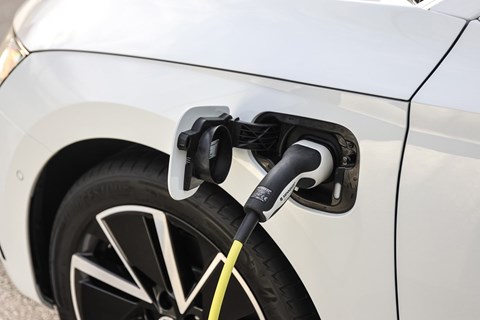
3. Hybrids still need to be charged
Hybrids can run without on petrol or diesel if there’s no electric power, but that doesn’t mean you should neglect charging them. If a hybrid car is left uncharged it’ll significantly less economical than a conventional ICE-powered car: Battery and hybrid tech is heavy, and dragging it around without any of its benefits will see a big reduction in your mpg figures.
4. Hybrid cars aren’t as good for the planet
Hybrid cars may be cheaper to run and kinder to the planet than conventionally powered cars, but they still use an internal combustion engine. That means they still produce CO2 and other emissions like petrol or diesel cars – just less of them.